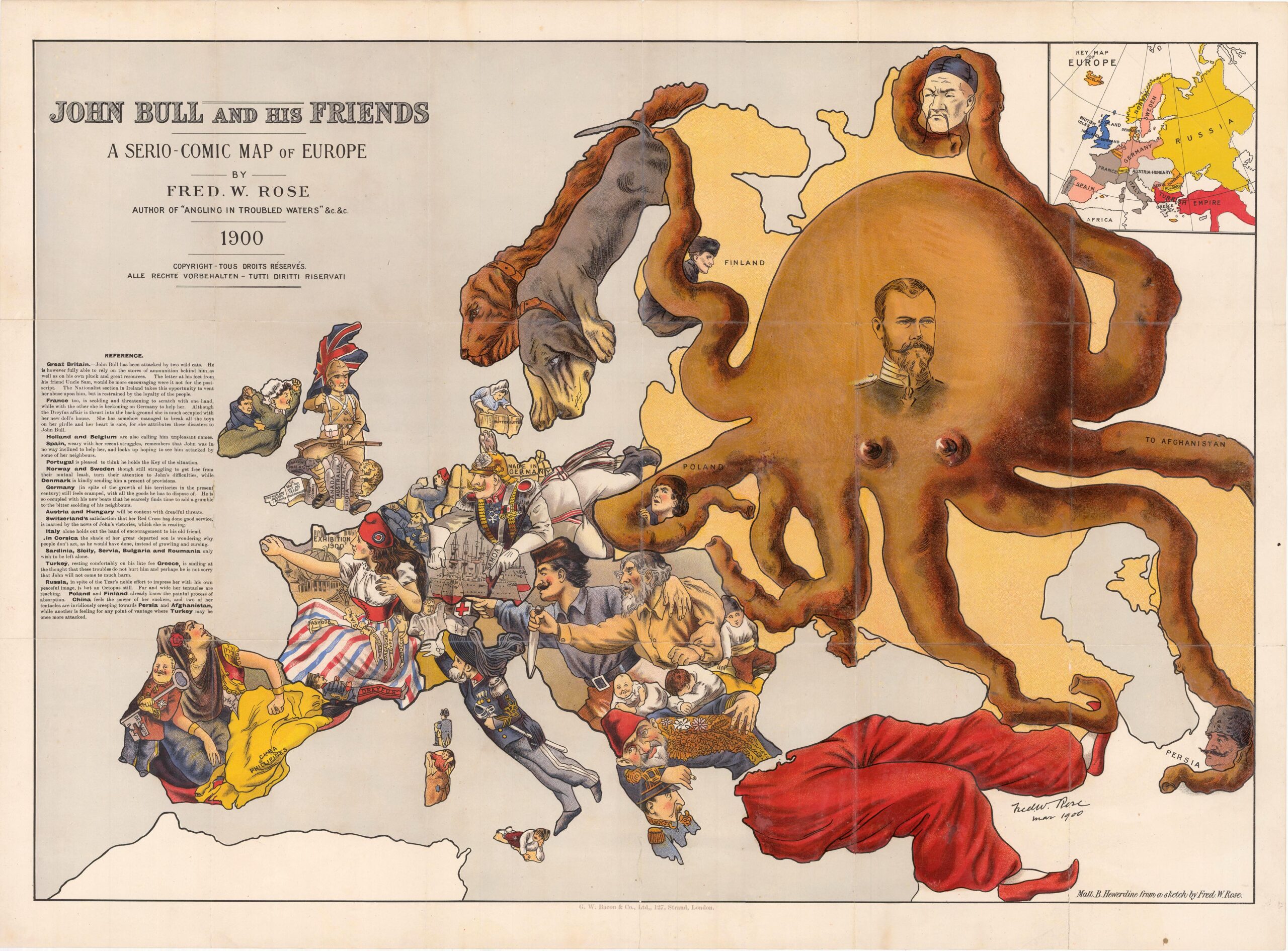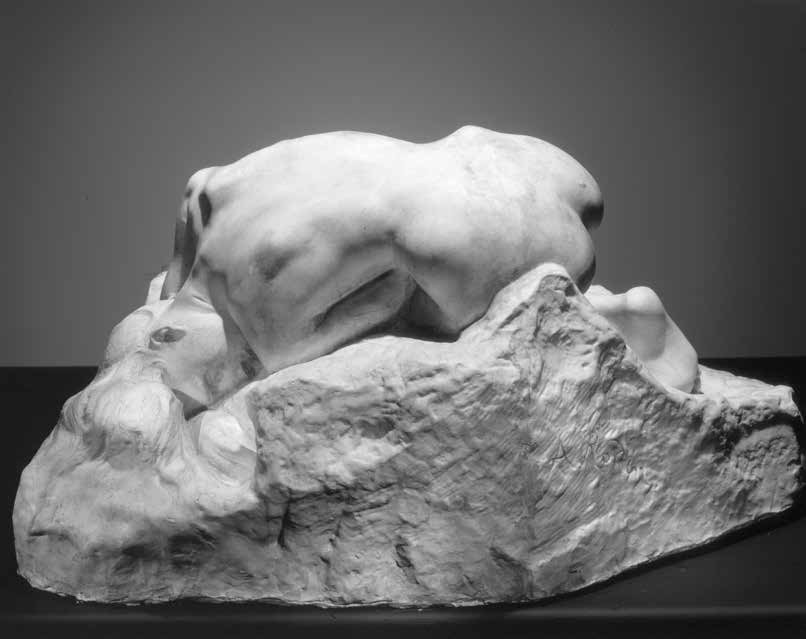Mapping Out an Alternative Investment Portfolio; considering the investment potential of rare maps

Established in 1907, The Map House is the world’s oldest and largest antiquarian map seller. It has been supplying maps to members of the royal family, prime ministers, explorers and collectors for over a century.
The appreciation and value of antique maps as historical and collectable objects has grown exponentially over a number of decades. Maps have always been regarded as beautiful and highly prized works of art. It is the increasing realization of their worth as primary historical documents that has principally spurred the increase in their commercial value in recent years.
The antiquarian map market, dominated by collectors rather than speculators, has remained virtually immune to the economic fluctuations and recessions that commonly affect art markets. There is generally acknowledged that important antique maps are still remarkably under-valued considering their rarity, beauty and significance. This accelerating upwards trend in value is likely to only increase as increasing demand meets dwindling supply.
The value of an individual map is dictated by a number of different factors including importance, age, rarity, map-maker, subject and condition.

The economic strength of the area depicted on a map is naturally reflected in the number of potential collectors. Maps of North America have always been sought-after while the price of maps of China and the Far East has soared over the last fifteen years. The value of some maps such as those of Russia has not yet returned to the levels they reached before the financial crisis of 2008.
There have been some distinct trends and major changes in map collecting over the last twenty years. The modern map collector no longer follows the traditional stereotype and is generally much younger, of both sexes, and with broader interests that reflect their international interests.
It is no longer solely the decorative maps from the Dutch “Golden Age” with their sporting sea monsters and battling galleons that fetch a premium. Maps showing the 19th century exploratio
n of Africa and Central Asia and the early 20th discoveries in Antarctica are avidly collected and have soared in value.

The first piece of advice to the new map buyer is to shamelessly plunder the knowledge of experts to inform their buying options. Most map dealers are only too delighted to share their knowledge and expertise. They should also stand behind any description of a purchased map backed up with a written certificate of authenticity.

The second piece of advice is to always buy the best map possible but this doesn’t just mean buy the most expensive. Condition is one of the fundamental determinants of the increase in value of a map. This is why a trusted expert is so useful in drawing attention to any restoration or inappropriate later colouring etc.
The final piece of advice, while obvious, is the most important — only buy what you love! The joy of map collecting is that there is a wonderful diversity of subject, period and price. Whatever you acquire should give you pleasure every time you look at it and so if you decide to sell it, it will appeal to its next owner the same way.
Philip Curtis, Director of The Map House and co-author of War Map: Pictorial Conflict Maps from 1900-1950






 Saving...
Saving...